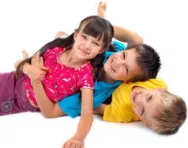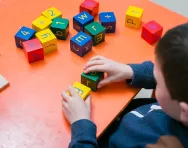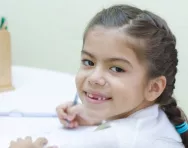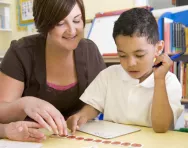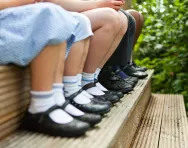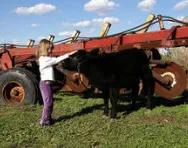Important update from TheSchoolRun
For the past 13 years, TheSchoolRun has been run by a small team of mums working from home, dedicated to providing quality educational resources to primary school parents. Unfortunately, rising supplier costs and falling revenue have made it impossible for us to continue operating, and we’ve had to make the difficult decision to close. The good news: We’ve arranged for another educational provider to take over many of our resources. These will be hosted on a new portal, where the content will be updated and expanded to support your child’s learning.
What this means for subscribers:
- Your subscription is still active, and for now, you can keep using the website as normal — just log in with your usual details to access all our articles and resources*.
- In a few months, all resources will move to the new portal. You’ll continue to have access there until your subscription ends. We’ll send you full details nearer the time.
- As a thank you for your support, we’ll also be sending you 16 primary school eBooks (worth £108.84) to download and keep.
A few changes to be aware of:
- The Learning Journey weekly email has ended, but your child’s plan will still be updated on your dashboard each Monday. Just log in to see the recommended worksheets.
- The 11+ weekly emails have now ended. We sent you all the remaining emails in the series at the end of March — please check your inbox (and spam folder) if you haven’t seen them. You can also follow the full programme here: 11+ Learning Journey.
If you have any questions, please contact us at [email protected]. Thank you for being part of our journey it’s been a privilege to support your family’s learning.
*If you need to reset your password, it will still work as usual. Please check your spam folder if the reset email doesn’t appear in your inbox.
Engaging activities for children with autism
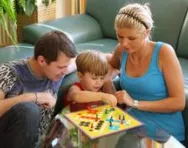
Parents of autistic youngsters will know that it is impossible to involve their child in an activity they don’t enjoy. The successful introduction of new games or sports will be very much a matter of trial and error, depending on the child’s preferences, personality and abilities. But there is little to be lost and much to be gained in discovering fresh ways for a child to develop and to find entertainment.

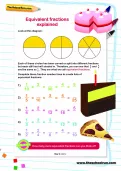
Boost Your Child's English & Maths!
- Weekly programme for each school year
- Worksheets sent direct to your inbox
- Keeps your child's learning on track
Physical activity, in particular, is often of great benefit to autistic children. The right kind of sport can reduce anxiety and aggression, as well as increasing motor skills and aiding social interaction.
Even at home, outdoor play equipment can be of the utmost value. A swing and a mini-trampoline will almost certainly be used extensively. The repetitive but energetic movements are not only enjoyable but help an anxious child become calmer.
Great indoor activities
Den-making
Encourage your child to build their own private place (under the table, for instance) with cushions and blankets and so on. This “hiding place” can provide a valuable refuge.
Musical games
Make saucepans into drums and plastic bottles into maracas or buy a tambourine, recorder or other instrument. Music can be a powerful means of communication.
Card games
Games such as Higher or Lower, Pairs, and Snap help concentration and also sociability, as other family members and friends can join in.
Bingo
This is another game everyone can enjoy, which also promotes number recognition. Bingo sets (with laminated cards and number-dispensing machines) can be found in stationers’ or toy shops.
Playing Shop
Set up a “shop” or restaurant with real or plastic coins in the till. This will encourage coin recognition and also prepare your child for real life situations.
Art activities
Many autistic children are extremely creative, given the right materials. As well as painting and colouring, encourage the making of collages, plate-decorating and other crafts.
Great outdoor activities
Riding
Interaction with a horse can be immensely rewarding and often a strong bond will build between your child and the animal. Some stables can offer tuition especially geared to children with autism.
Beach play
Sandcastle-building and stone-skimming are activities which particularly suit a child with strong concentration skills.
Skating and skateboarding
An ideal though demanding activity which greatly enhances co-ordination and has very definite aims.
Travelling
Autistic children often like the sense of order in train station so try going for a ride. It can help to better accustom a child to crowds and noise.
Golf or Crazy Golf
The attraction of these sports is that they require concentration and focus but are not part of demanding team-play. Autistic children can achieve high levels of abilities in the kind of sports which they can tackle as individuals, rather than as a group.
